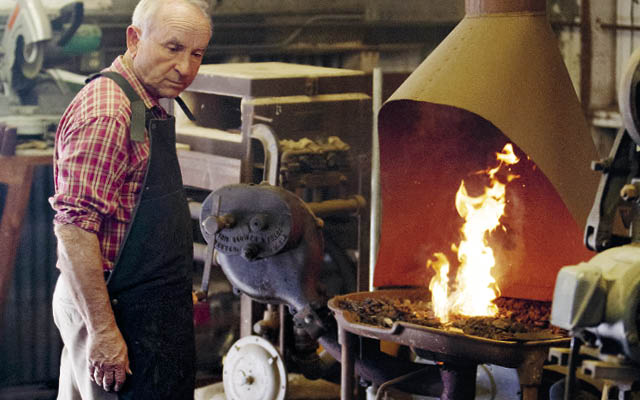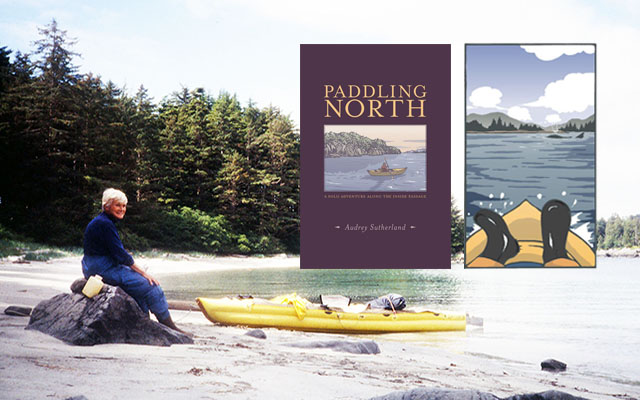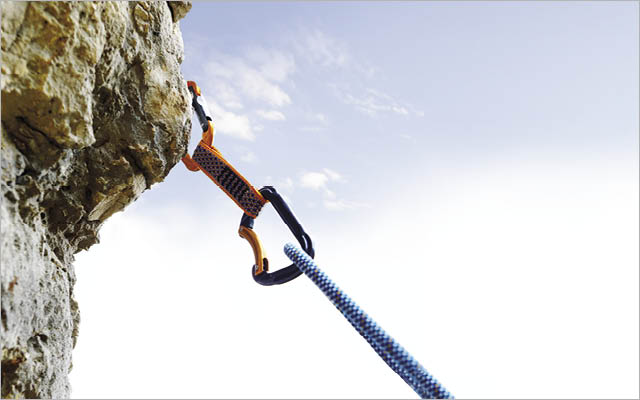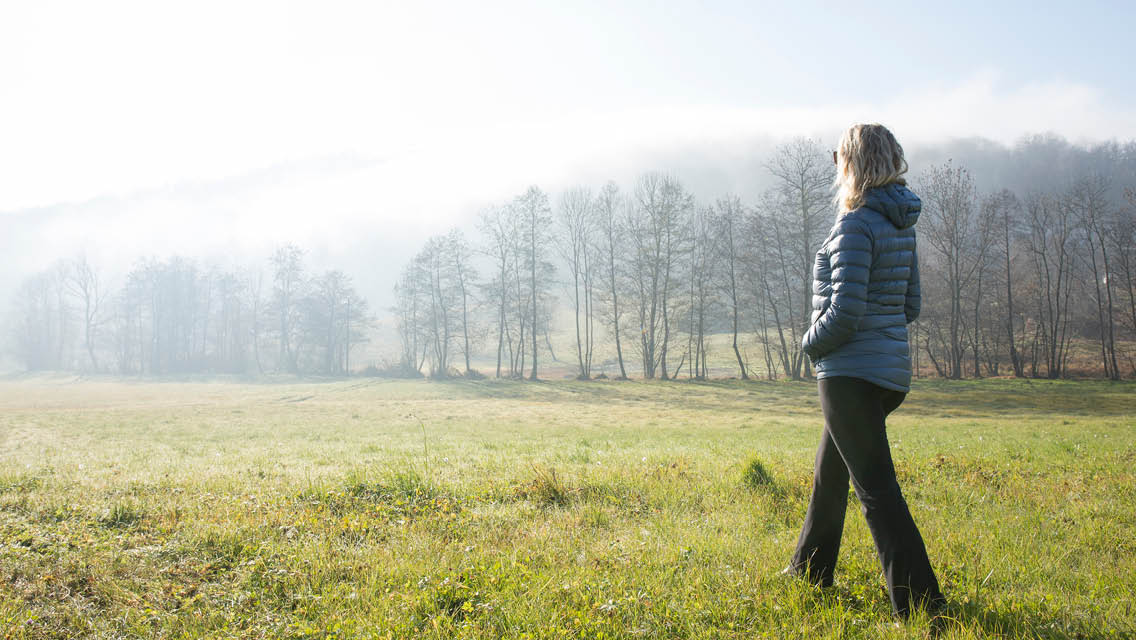Editor’s Note: From his early days learning falconry, Yvon Chouinard has been guided by simplicity and sustainability. His first company, Chouinard Equipment, switched from steel to aluminum pitons because they allowed climbers to move more quickly without harming the rock. In the 1980s he pledged 1 percent of Patagonia’s sales to the preservation and restoration of the natural environment. That spirit of ethical entrepreneurship motivated him to switch the company’s apparel line to organic cotton in the mid-1990s. Renewable-energy sources power many of the company’s facilities, and it aims to be carbon-neutral by 2025. In 2017, Patagonia joined a coalition suing the Trump Administration to prevent the 1 million–acre reduction of Bears Ears National Monument. (To learn more about Bears Ears, visit Why Bears Ears National Monument Matters.)
When I was a teenager, some fellow misfits and I — along with adults like Robert Klimes, a music teacher, and Tom Cade, a graduate student at UCLA — started the Southern California Falconry Club, where we trained hawks and falcons for hunting. Every weekend in the spring we went off looking for hawk nests; sometimes we banded the young for the government or we took a young hawk to train. Our club was responsible for enacting the first falconry regulations in California.
It was the most formative time of my life. When a 15-year-old has to trap a wild goshawk, stay up all night with her until the bird finally develops enough trust to fall asleep on his fist, and then train the proud bird using only positive reinforcement, well, the Zen master would have to ask, “Just who is getting trained here?”
Studying Zen has taught me to simplify; to simplify yields a richer result. The rock climber becomes a master when he can leave his aid-climbing, big-wall gear at the base, when he so perfects his skill that he can climb the wall free, relying only on his skill and the features of the rock.
I also learned Zen as a blacksmith forging my steel pitons eight or 10 hours a day. I’d grab a piton, bang on it, put it back in to reheat, and grab another, never crossing my hands or wasting energy with excess movement, until the work had the fluidity and grace of Zen archery or a tea ceremony.
Some years later, I made a big breakthrough in my kayaking. I had just learned to do a hand roll; that’s where you can roll up in the kayak just by using your hands, no paddle. I got a wild hair to run the Gros Ventre River in Jackson Hole, Wyo., without a paddle. This river is a Class 4 in high water, drops 100 feet a mile, and if you bail out of your boat you can’t pick it up until miles downstream.
Now, a paddle is a powerful piece of equipment and to not use one meant I had to sit low down in my seat with hands in the water, leaning forward on the drops; I had to look far ahead and anticipate turning the boat by banking and carving. I never went over and, in fact, by acting more like a fish, I had a cleaner run than if I’d used a paddle.
Take fly-fishing: If you want to only catch fish, use a worm. But fishing with artificial flies takes the same approach as Zen archery. You learn the life cycles of insects. You study rivers like a rock climber reads a rock cliff, and you practice the motion of casting the line. Finally, after 10,000 hours, you begin to think like a fish.
If you’re climbing a wall in Yosemite, the important thing is how you climb, how you get to the top, because there’s no point in just getting to the top. There is no summit; in fact, there’s a trail to the top.
The opposite of the Zen approach is climbing Everest, if — like many a plastic surgeon or CEO — you pay $80,000 and have Sherpas put all the ladders in place and 8,000 feet of fixed rope, and you don’t even have to carry a pack. There’s a Sherpa in front and he’s got a 3-foot rope on you, and there’s a Sherpa in the back and he’s carrying extra oxygen bottles.
You get to a camp and you don’t even have to lay out your sleeping bag. It’s already laid out with a little mint on top. Your guides have computers dialed in to the daily weather report. You [convince yourself that] you climbed Everest, but you didn’t climb Everest. You climbed a subdued mountain with all these ropes holding it down.
The whole point of climbing something is a spiritual and physical game. If you compromise the process, and you’re [a jerk] when you start out, then you’re [a jerk] when you get back: Nothing’s changed.
The Zen lessons I learned in sports I also applied to running my business. Most public corporations operate to maximize profits for the shareholders. Decisions are made for the short-term health and growth of the company.
At Patagonia, we make our important decisions based on wanting to be here 100 years from now. We know that if all is going well with our work, the profits are bound to come.
Excerpted from Some Stories: Lessons from the Edge of Business and Sport by Yvon Chouinard © 2019 (Patagonia Books). First published in Let My People Go Surfing: The Education of a Reluctant Businessman by Yvon Chouinard (Penguin).




This Post Has 0 Comments